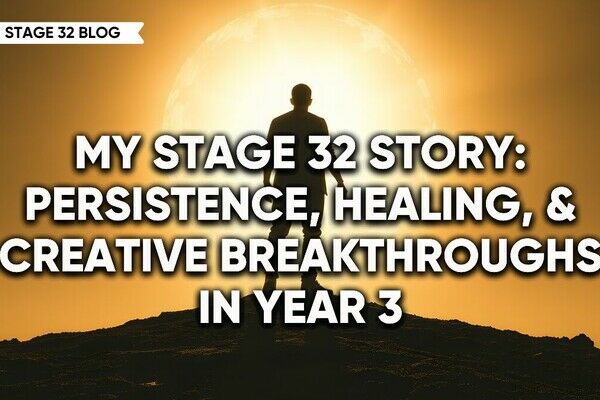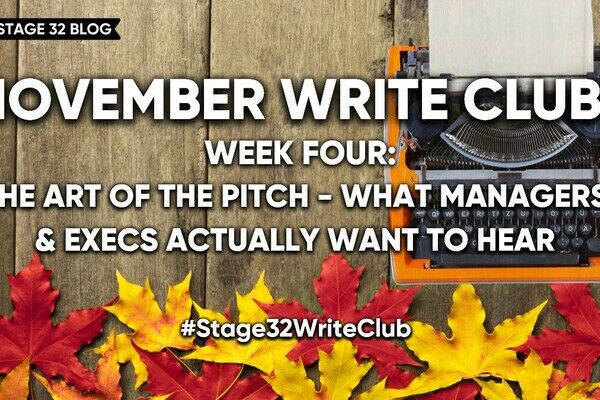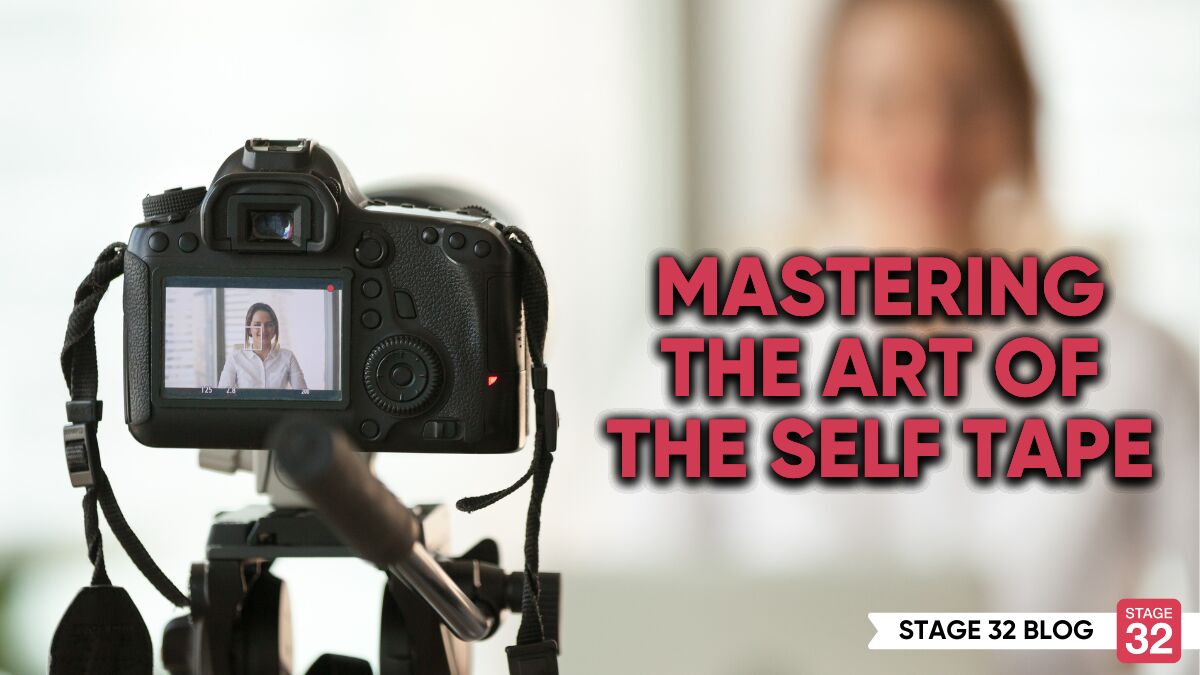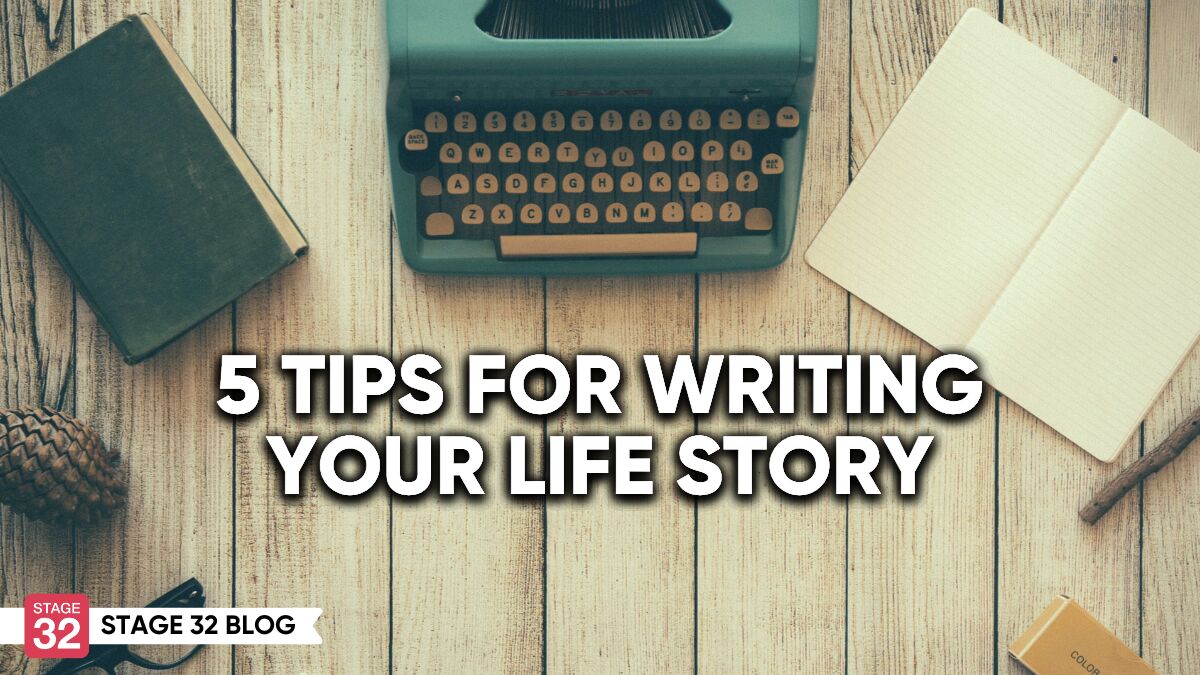5 Tips For Writing Your Life Story
Oftentimes, the best stories are based on your own truth. Writing a novel based on your own life has been a pathway to success for authors for decades. Readers and publishers can’t seem to get enough of real people’s stories as expressed in a novel. However, while the best autobiographical novels are effortless reads, they require an incredible amount of work to properly structure and get out onto the page. Writing your own story as a novel can seem daunting. Where do you start? What should you include and what should you not? How do you develop a strong point-of-view and all your characters to reflect a version of reality that fits into a narrative story? And, once you’ve finished your novel, how do you get it published?
There Is Truly Nothing More Powerful Than The Written Word
It’s certainly daunting and overwhelming. I know, I’ve been there before, more than once. By writing your own story, you can truly allow yourself to express your journey and your emotions on paper, in a first-person sense.
I have three best-selling novels published by Simon & Schuster, all based on my life. Through those experiences, I faced three entities; Mafia, Wall Street & Hollywood. Part of the journey of writing is understanding your ability to write everything as you see fit, as you desire to do so onto paper. That’s why I say there is nothing more powerful than the written word. We know it has the power to stand the test of time.
So where do you begin?
1. WHY Am I Writing This Novel?
We write things because we want to express our feelings and sometimes the best way to do that is to pour it all onto paper. The easiest way to start a book of this nature is via a journal. If you attempt to write your thoughts and experiences down twice a day, eventually these words will turn into a chapter and those chapters can turn into a full book. The key is to take your time to express everything in YOUR truth. This is almost a version of a vomit draft, pouring out as much about your past and present as feels right at the moment without overthinking how it will all piece together or what the larger story is. It's important to ask yourself, why am I writing this novel? This will help you find the seed of encouragement and inspiration that will push you to keep going no matter how difficult it becomes.
2. The Main Idea.
Your main idea could begin as many ideas. Start by picking something that you know most about or remember with more detail and begin moving that forward onto the paper. It’s always best to write about what you know. That doesn't mean that you have to clearly remember every detail to consider a story from your life, but those that you remember most will likely be the easiest to start writing. Just don't get tripped up on all of the details. You can always develop the characters and storylines further down the road once you've started. Sometimes, it's easier to go back and fill in the details to contextualize something once you've had more time to let your brain think about it.
3. Am I Writing This From My Truth?
I love writing from a place of truth, that’s what I do even if I publish it as fiction. I always begin by pushing myself to be as truthful to my experiences and feelings as possible, even if it’s uncomfortable. Ultimately, with the truth, there’s nothing more free in the world. It’s cathartic, it’s therapeutic, it’s pretty fabulous! So don’t overthink it or hold yourself back. Keep going. Keep writing. Especially if it scares you.
4. Outline Your Story.
So you’ve been journaling for quite some time and you’ve likely started focusing in on your character and pinpointing the storylines that stand out to you most strongly from your own writing. Only now should you begin outlining. I go through and bullet about 20 to 30 plot points from my story, this prepares me for expanding them into 20 to 25 chapters. An outline can start as 2 to 3 sentences of each chapter.
5. Develop Your Characters.
On a separate document, begin to list ALL of your characters who come into the picture of your life. Then add as much detail as you know or have observed about that person. No person is too small to be developed out and considered for the overall story. Even if they don’t start as a strong supporting character, you may need to add some people in the middle or you may even add someone in the last chapter. Keep your mind open and be as honest as you can, everyone has their flaws and everyone has their heartfelt kindness depending on the moment.
I hope that these tips empowered you and gave you an idea of how you can start to write your own story. If you’re interested in knowing more, come interact with me in the Authoring Lounge or check out some of the classes that I’ve recently been teaching on this very subject, right here at Stage 32! While a goal like publishing your life story may seem unsurmountable, it can all start right here.
Let's hear your thoughts in the comments below!
Got an idea for a post? Or have you collaborated with Stage 32 members to create a project? We'd love to hear about it. Email Emily at blog@stage32.com and let's get your post published!
Please help support your fellow Stage 32ers by sharing this on social. Check out the social media buttons at the top to share on Instagram @stage32 Twitter @stage32 Facebook @stage32 and LinkedIn @stage-32
| Mastering The Art Of The Self Tape |
| Stage 32 Certification Featured in Forbes |
Search Stage 32 Blog
There are now 4042 blog posts for you to enjoy. Search them all by tags below.
Acting, Advice, Cinematography, Coffee & Content, Composing, Contests, Distribution, Featured, Filmmaking, Financing, Inspirational, Networking, Producing, Screenwriting, Success Stories, Tips, Trending,Relevant Tags
Recommended Articles

My Stage 32 Story: Persistence, Healing, & Creative Breakthroughs in Year 3

How Stage 32 Script Services Make You A Better Writer

Insider Intel: The Studio War & The Rise of Indies

Green Lights and Grey Areas: Expanding Creative Collaboration in Publishing

Coffee & Content: Reinvent the Story, Reinvent the Industry

November Write Club Week 4: The Art of the Pitch- What Managers & Execs Actually Want to Hear

Coffee & Content: Low Stakes Stories, High Stakes Decisions

State of the Industry 2026 Now On-Demand: RB & Geoff Break Down What’s Next for Writers!

Stage 32 + DramaBox Join Forces to Launch World's First Vertical Drama Incubator











